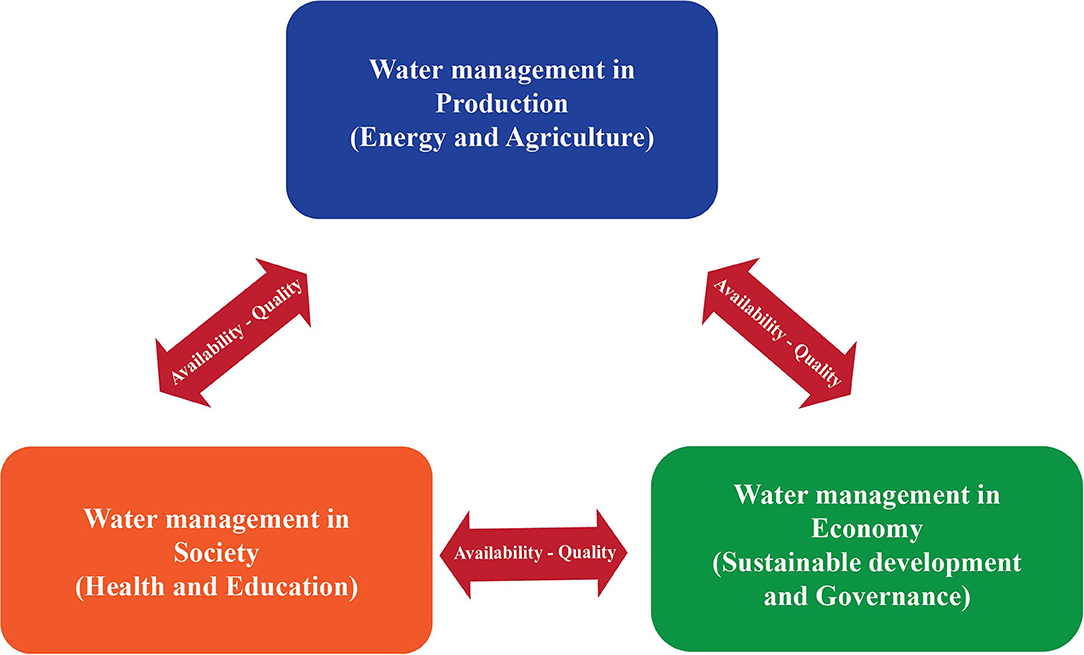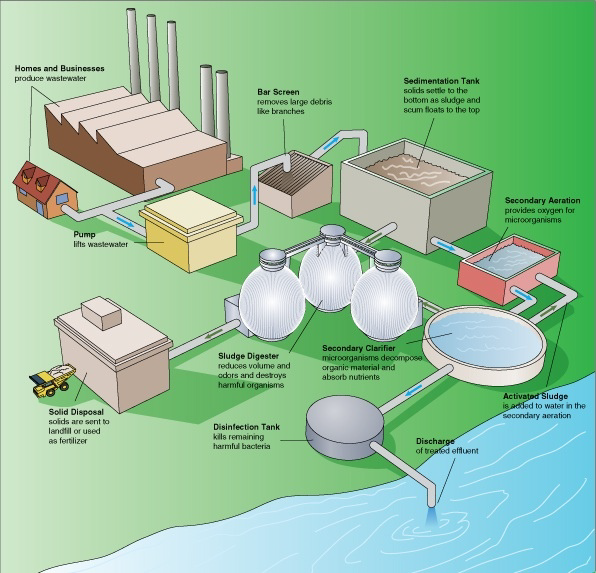Investing in water management stocks is increasingly important as the demand for sustainable water solutions rises. These stocks represent companies that develop innovative strategies to manage and conserve water resources effectively.
With growing concerns about water scarcity and environmental impact, investors recognize the potential profitability of this sector. Investing in water management stocks not only offers financial growth opportunities but also contributes to global sustainability goals.
| Key Points |
|---|
| – Investing in water management stocks is important for sustainable solutions. |
| – These stocks represent companies developing innovative strategies for water conservation. |
| – Investors recognize the potential profitability and contribution to global sustainability goals. |
Growing Demand for Water Management Solutions
Water scarcity is a global issue driven by population growth, urbanization, climate change, and pollution. As a result, the demand for effective water management solutions is increasing. Urban areas lacking proper infrastructure struggle to supply clean water and manage wastewater.
Climate change disrupts traditional water sources, necessitating investment in adaptive measures like rainwater harvesting and desalination. Pollution further contaminates freshwater sources, requiring advanced purification technologies.
Investing in companies focused on innovative water management solutions allows individuals to contribute to solving these challenges while potentially gaining financial returns. Together, we can create a sustainable future with guaranteed access to clean water for all.
Potential Profitability of Investing in the Water Management Sector
Investing in the water management sector offers substantial profit potential. As governments and industries prioritize sustainable water practices, there is a growing market for innovative solutions.
Companies specializing in water treatment, desalination, irrigation systems, leak detection technologies, and wastewater management are poised for growth due to increased demand. This presents investors with opportunities for capital appreciation and potential dividends as these companies expand their operations.
Global Water Scarcity Issues and Impact on Communities
Water scarcity has severe consequences for communities worldwide, affecting health, agriculture, industry, and ecosystems. Many struggle to access clean drinking water for their basic needs. Inadequate irrigation systems and unreliable water sources hinder crop yields, impacting local economies and causing global food price increases.
Industries face production limitations and economic burdens due to limited water resources. Ecosystems suffer as habitats shrink and species face extinction. Addressing water scarcity requires investment in infrastructure, sustainable agricultural practices, responsible industrial water usage, and collaborative efforts at all levels.
(Note: The paragraph has been condensed while retaining key information.)
Statistics and Examples Highlighting Severity of the Problem
The severity of water scarcity becomes evident when considering these statistics:
- Over 2 billion people lack access to safe drinking water worldwide.
- Global water demand is projected to increase by 55% by 2050.
- Around 70% of freshwater withdrawals are used for agriculture.
- By 2025, it’s estimated that half of the world’s population could be living in water-stressed areas.
These figures underscore the urgent need for innovative water management solutions and highlight the investment potential within this sector.
Opportunities Created by Water Scarcity for Investment
Water scarcity presents unique investment opportunities as companies develop technologies and solutions to address this critical issue. Investing in desalination, wastewater treatment, smart irrigation systems, or leak detection technologies can offer substantial returns.
Governments and regulatory bodies are recognizing the importance of sustainable water practices, creating opportunities for investments in infrastructure projects aimed at improving access to clean water and managing resources more efficiently.
Early investors in this sector have the potential to benefit financially while making a positive societal impact.
Introduction to Successful Water Management Companies
In the water management industry, several successful companies have emerged as leaders by providing effective solutions and addressing water scarcity challenges. Let’s explore three notable examples:
-
Company A: Since 1990, Company A has been developing advanced filtration systems for industrial and residential use. Their focus on research and development, along with partnerships with global organizations, has positioned them as a market leader.
-
Company B: With a rich history in wastewater treatment technologies dating back to the early 20th century, Company B specializes in designing efficient treatment plants and optimizing resource usage. They are trusted partners for municipalities and industrial clients worldwide.
-
Company C: Established as a start-up in the early 2000s, Company C focuses on smart irrigation systems for agriculture. Their cutting-edge technology allows farmers to optimize water usage based on real-time data analysis, making them an industry leader.
These companies exemplify success in the water management sector and showcase the diverse opportunities available for investors. In the following sections, we will explore their strategies and innovations that contribute to sustainable water management.
[lyte id=’1dPipiAVJLk’]





